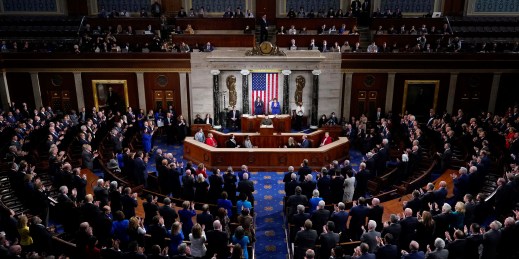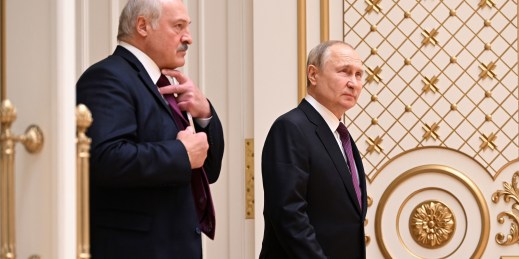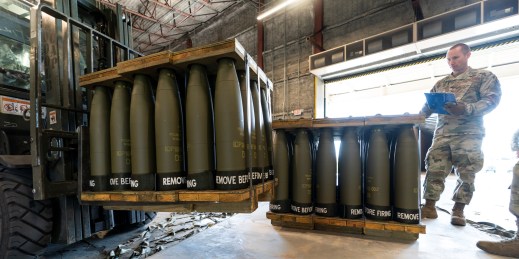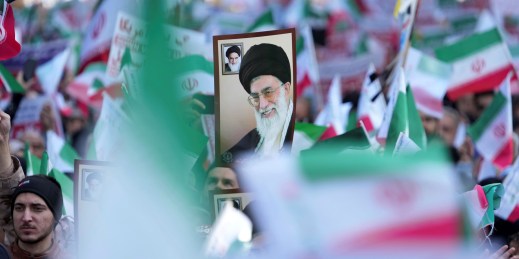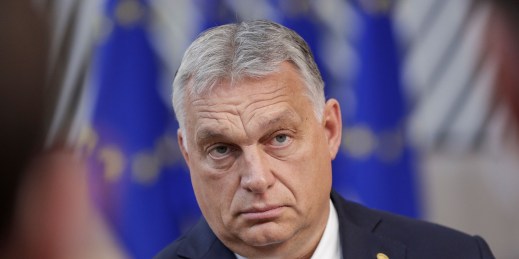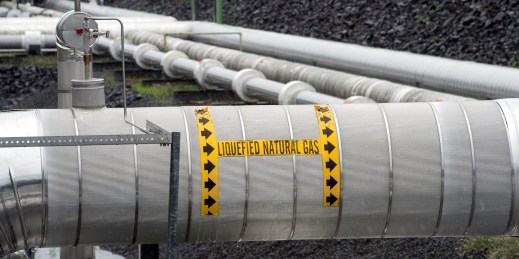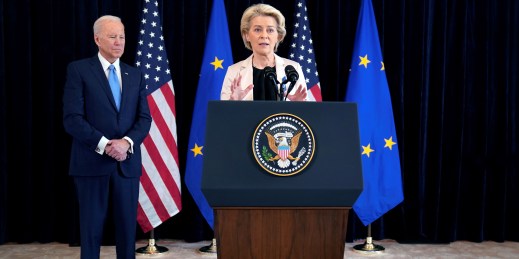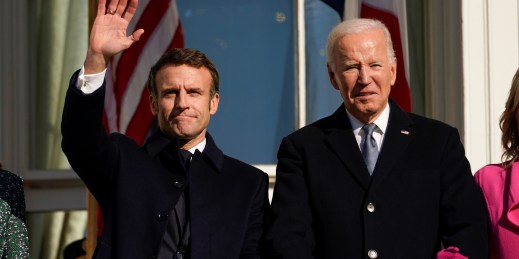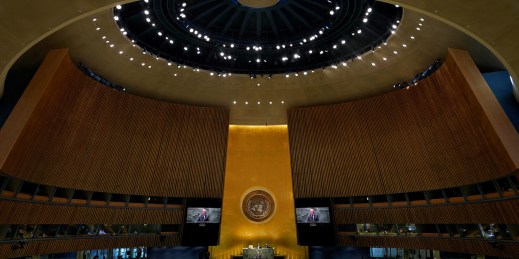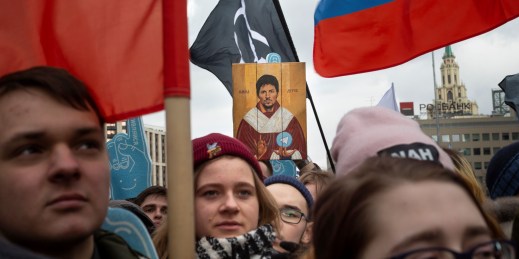
During the war in Ukraine, Telegram has been essential for communications. As a result, Moscow has infiltrated the encrypted messaging app’s channels to spread disinformation to Ukrainians and flood Russian users with pro-Kremlin content, indicating that when Moscow can’t block a technology, it will work to subvert and overwhelm it.

